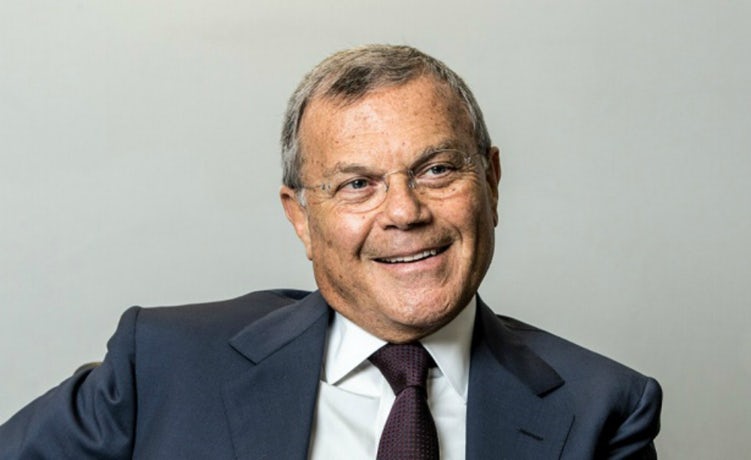Sorrell takes aim at Google for ‘clearly not doing enough’ about ad fraud
The WPP boss says digital giants such as Google and Facebook should be doing more when it comes to tackling ad fraud and measurement mistakes.

Sir Martin Sorrell has taken aim at Google and Facebook, urging them to step up and “take responsibility” when it comes to measurement errors and ad fraud, as he believes the digital players are “clearly not doing enough”.
Speaking at an IPA event today (10 March) about the future of advertising alongside Google’s UK managing director Ronan Harris and Channel 4’s CEO David Abraham, the WPP CEO said he disagreed with Google’s claims that it had managed to “allay” advertisers’ concerns after a The Times exposé that revealed brands could be inadvertently funding terrorism through programmatic advertising.
“We can spin it or speak the truth. Brand safety is a massive issue, and I wouldn’t agree with what you just said. The fundamental issue in my view is that you have to take responsibility for it as a media company,” he said.
“You are not a sitting there as a digital engineer hitting your digital pipes with a digital spanner and not being responsible for the digital content through those pipes. You have resources, your margins are enormous, you don’t explain to people how algorithms work, you have to change in my view.”
In response, Harris said Google does take brand safety seriously and works hard to put in place algorithms that take out anything malicious, as well as “throwing a lot of people at it” who review the content.
However, Sorrell believes this is not enough. “CMOs have been banging on about this for ages. We have been heavily supportive of this. In my view, not supportive enough as it hasn’t been effective. Whether you say you’re doing it or not, you’re clearly not doing enough,” he said.
Taking responsibility for fake news
For Channel 4’s Abraham, the biggest issue is fake news. He believes advertisers and agencies need to work together and put public pressure on the digital giants to ensure they “evolve and respond”.
“The internet is about ‘act first and seek forgiveness second’ and that’s how products have evolved. The impact [of the digital giants and fake news] on culture is so profound, it is altering political structures. We can’t politely pretend that it is business as usual,” he said.
But Harris claimed it was important for Google to get the right balance between people creating content and getting the public to understand how to verify the news and find out where the opinion is coming from.
“We can’t restrict people into echo chambers and promote a set of views that a very small minority control,” he said.
Sorrell said, however, that due to Google and Facebook owning 75% of digital advertising, there is a need to change and not use privacy “as a fig leaf not to do things”.
“Despite measurement issues, viewability issues, fake news issues, fraud issues, digital still grows. What David [Abraham] is saying is that it imposes a responsibility to change,” he said.
“And finally, privacy is used as a fig leaf not to do things. This doesn’t mean that as a group of agencies that privacy is not important. We want to protect consumers, but we want access to data to do things in a more refined and acceptable way,” he said.
Google’s Harris explained that Google works with numerous external organisations such as JICWEBS, Nielsen and comScore that mark “Google’s homework” in a bid to maintain high standards.
“We are participating and holding ourselves up and being responsible participants. But we have to work together. [Tech] is moving at such a fast place,” he said.
Nevertheless, Sorrell remained damning and pointed to the recent errors Facebook made, where it had overstated how long users watch videos for on its site by up to 80%.
He concluded: There have been three incidents on Facebook statistics in the last six months. But if you did this David [Abraham], or if our audience measurements were wrong and we made three mistakes of that magnitude, we’d be out of business.”






